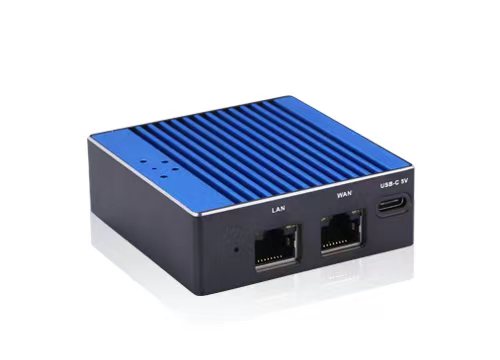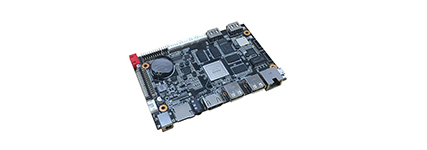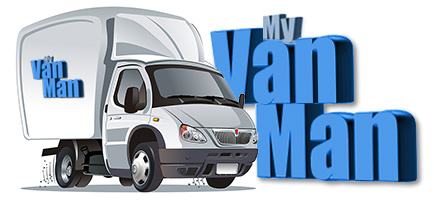Did you know that cybercrime is projected to cost the world $10.5 trillion annually by 2025? That’s a staggering number, and it highlights just how crucial network security appliances have become in our digital age.
What Exactly Are Network Security Appliances?
So, let’s break it down: network security appliances are specialized hardware devices designed to protect networks from various threats like malware, intrusions, and data breaches. But here’s where things get interesting—these devices also come with legal attributes that can’t be overlooked. For instance, they must comply with Export Control Laws which regulate the distribution of technology across borders. This means if you’re dealing with these appliances, you need to be aware of not only their technical capabilities but also their legal implications when exporting them internationally.
Diving Deeper into ShareVDI and Export Control Laws
Now let’s talk about sharevdi—a virtual desktop infrastructure solution that leverages network security appliances for enhanced protection. When it comes to Export Control Laws, sharevdi has specific characteristics worth noting. Since it’s often used in sensitive environments (think government or defense sectors), any export of this technology requires strict adherence to regulations set forth by agencies like the Bureau of Industry and Security (BIS). This means ensuring that your deployment doesn’t inadvertently violate laws regarding controlled technologies or end-users.
The Lowdown on Industrial Embedded PC i5 Under Export Control Laws

If we zoom in on industrial embedded PCs like the i5 model within this context, there are several key points related to Export Control Laws:
- Classification: These devices may fall under specific categories depending on their functionality; knowing whether they’re classified as dual-use items is critical.
- User Restrictions: Certain users might be prohibited from accessing this tech based on national security concerns.
- Licensing Requirements: Depending on where you plan to export these PCs, obtaining an export license could be necessary before shipping them out.
- Civil Penalties: Violating these laws can lead not just to fines but potentially criminal charges—yikes!
- Audits & Compliance Checks: Regular audits may be required for companies handling such equipment; staying compliant isn’t optional!
Your Takeaway: Navigating Network Security Appliance Regulations
In summary, while network security appliances play a vital role in safeguarding our digital landscapes against threats galore, understanding their legal attributes—especially concerning Export Control Laws—is equally important. Whether you’re working with ShareVDI solutions or industrial embedded PCs like the i5 model, being informed will help ensure compliance and keep your operations running smoothly without any nasty surprises down the line!
Click industrial embedded pc i5.


